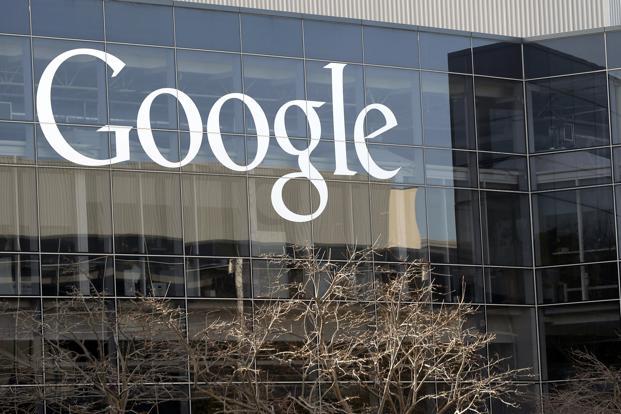Source – livemint.com
For companies that are trying to figure how to take advantage of newer technologies like artificial intelligence (AI), but do not have adequate technical know-how or enough financial muscle to do so, Google Inc. believes its newly-launched automated tool, Cloud AutoML, might just provide an answer.
Machine Learning (ML) is a subset of AI, and Cloud AutoML, according to Google’s website, is a suite of ML products that enables software developers with limited expertise to train high-quality models by taking advantage of Google’s proprietary image recognition and other learning technologies.
“Currently, only a handful of businesses in the world have access to the talent and budgets needed to fully appreciate the advancements of ML and AI. And if you’re one of the companies that has access to ML/AI engineers, you still have to manage the time-intensive and complicated process of building your own custom ML model,” noted Fei-Fei Li, chief scientist, Cloud AI, and Jia Li, head of research and development (R&D), Cloud AI at Google in a joint blog post on 17 January.
Cloud Auto ML, according to Google, is aimed at helping businesses “with limited ML expertise” to custom-build quality ML models by using “advanced Google techniques like learning2learn and transfer learning”.
According to the blog post,learning2learn is the process of automating machine learning. Transfer learning, according to Lisa Torrey and Jude Shavlik of the University of Wisconsin, refers to the improvement of learning in a new task through the transfer of knowledge from a related task that has already been learned.
The process of taking AI and ML to a larger set of companies began in 2017, according to the above-cited blog post, when the company introduced the Google Cloud Machine Learning Engine to help developers easily build ML models that work “on any type of data, of any size”. They added that modern machine learning services, that is, APIs—including Vision, Speech, NLP, Translation and Dialogflow—could be built upon pre-trained models to quickly build business applications that can scale up for large use cases.
API is short for application programming interface, a common way for integrating different applications today, and NLP, which stands for natural language processing, is the ability of a computer program to interpret or understand human languages.
The two scientists also cited the examples of some businesses that are using or evaluating Cloud AutoML. While Mike White, the technology head of Disney Consumer Products and Interactive Media, said the company is using the technology to help it build vision models to “annotate our products with Disney characters, product categories and colours”, the team at Urban Outfitters—a US-based lifestyle retailer—has been evaluating Cloud AutoML to automate the product labelling process by recognizing “nuanced product characteristics like patterns and neckline styles”.
Google, of course, is not alone in pressing ahead with what many industry observers term as the ‘democratization’ of AI and ML. Other cloud computing providers such as Microsoft Corp. and Amazon Web Services Inc. (AWS) have also been active in promoting their own brand of AI and ML tools and services.
ML-as-a-service (MLaaS) is an umbrella definition of “automated and semi-automated cloud platforms” that covers most infrastructure issues such as data pre-processing, model training, and model evaluation, with further prediction, according to a 14 December post on Altexsoft.com. It noted that Amazon ML services, Azure ML, and Google Cloud AI are three leading cloud MLaaS services that allow for fast model training and implementation with “little to no” data science skill.
Usage of AI and ML by businesses around the world, as well as in India, has been discussed much in recent times with several estimates on AI’s potential economic impact. In December, for instance, Accenture LLP in a reportsaid AI has the potential to add $957 billion, or 15% of India’s current gross value in 2035. “The combination of the technology, data and talent that make intelligent systems possible has reached critical mass, driving extraordinary growth in AI investment,” it concluded.
